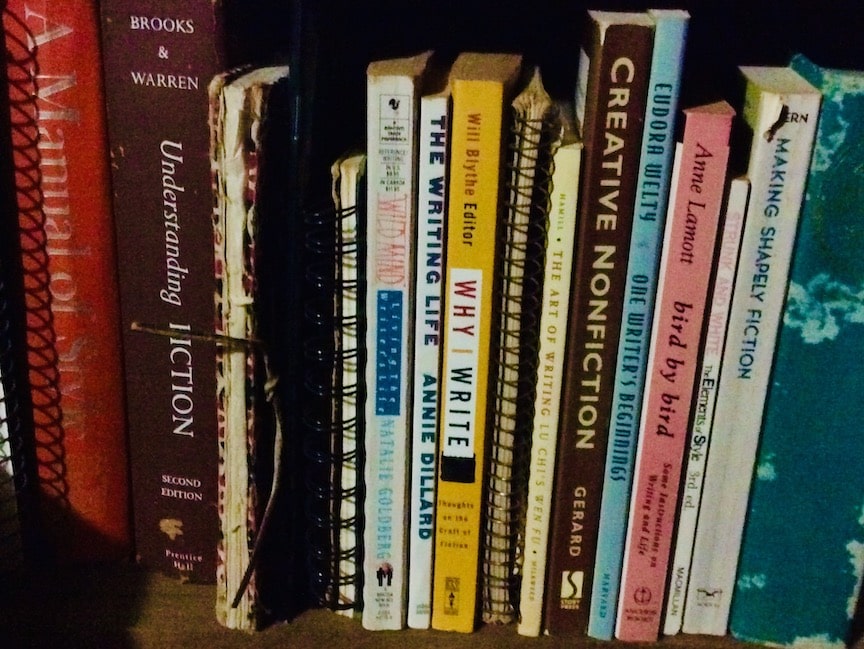Creative nonfiction helps us…
1) to become more humane.
When Milkweed Editions brought out my first book, Ecology of a Cracker Childhood, printed in its pages was their credo at the time. It said,
“We publish with the intention of making a humane impact on society, in the belief that literature is a transformative art uniquely able to convey the essential experiences of the human heart and spirit.”
I believe this too.
2) to counteract lies.
My teacher William Kittredge had an unusual theory about literature. In the mid-1990s he postulated, to my class, that creative nonfiction was increasingly popular—so much so that it was absorbing fiction—because of, of all things, capitalism.
Corporations need to sell us things, so they have to advertise. They say, If you buy this, you’ll be popular. You’ll smell good. You’ll get dates. Boys will like you. Girls will like you. You’ll like yourself. But advertising is mostly a bunch of lies. Therefore, corporate culture is systemic dishonesty.
Corporations have taken on the job of telling us their stories and those stories become our dominant narratives—new iPhone, second home, Sugar Daddy, latest model, bigger lips, nicer clothes, fancier car. In a confusion created by an industrial life we lose track of our own stories.
This causes all of us to absorb stories with our radar flipped on, because we have to choose constantly what stories make sense and what do not. Therefore, we read creative nonfiction for its truth. We read it to avoid being lied to, to avoid being oppressed. We seek to reconcile ourselves with what we know to be true and to distance ourselves from falsehoods.
3) to find each other.
Besides needing a cadre of consumers, capitalism needs a work-force, so it asks Americans to give up homelands, neighborhoods, families, clans, and landscapes, to travel wherever we’re needed for work. We leave the familiar and beloved for educations, internships, jobs, careers. We leave our hometowns and our homes. We never go back. Because of this, philosopher and author Kathleen Dean Moore surmised, in a now-classic interview in The Sun Magazine with Derrick Jensen in March 2001, that “we lead lives not of quiet desperation but of relentless separation.”
Literary nonfiction is one antidote to a vast and growing isolation wrought by separation. It invites us into the homes and minds and landscapes of others, places increasingly hard to enter. We read it to find out if another human has learned something that will help us live more meaningful and happy lives. We read it to be together. We read it to hear other people’s stories, since the front porches and post office steps are disappearing.
We are people starving for story.
4) to change outcomes.
I believe that most of us constantly seek to transform into better editions of ourselves. We want the world to transform into a better version of itself. I believe in the power of literature to change one life or the entire world.
These 4 reasons make the pen a dangerous instrument. They are why oppressive governments kill writers first. Because of them, a story can be TNT.

Leave a Reply